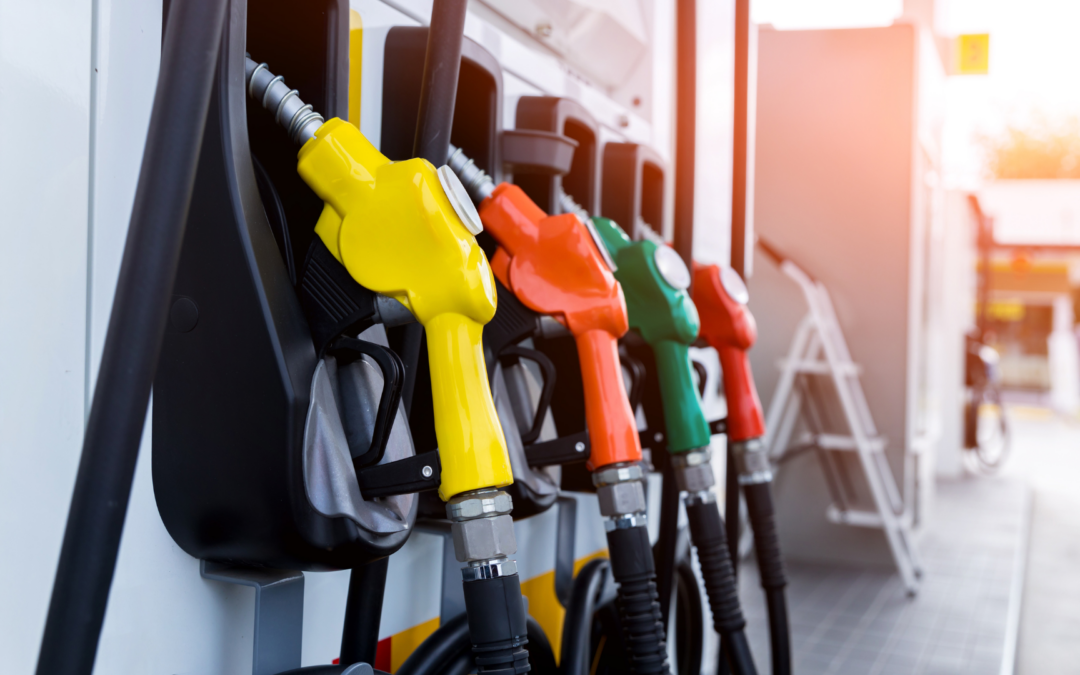When it comes to fueling our cars, the dilemma between premium and regular gas is as persistent as the “chicken or the egg” conundrum. At All Around Auto Repair, we often encounter clients curious about whether the pricier premium fuel truly offers benefits that justify its cost over regular fuel. This blog aims to demystify the differences between premium and regular fuel, helping you make an informed decision tailored to your vehicle’s needs and your driving habits.
The Basic Difference
The primary difference between premium and regular gasoline lies in the octane level. Octane rating is a measure of a fuel’s ability to resist “knocking” or “pinging” during combustion, caused by the air/fuel mixture detonating prematurely in the engine. Regular gasoline typically has an octane rating around 87, while premium gas is usually rated at 91 or higher.
Understanding Your Vehicle’s Requirements
The choice between premium and regular fuel largely depends on your car’s requirements, which are specified by the manufacturer. Modern high-performance engines with high compression ratios or turbochargers often recommend or require premium gasoline to prevent knocking, ensure smooth operation, and protect the engine.
Using regular fuel in a car that requires premium can lead to a reduction in performance and, over time, could potentially harm the engine. Conversely, filling up a car designed for regular gas with premium fuel generally offers no benefit in performance, fuel economy, or engine health and simply results in spending more money than necessary.
Performance and Fuel Economy
The belief that premium fuel inherently provides better fuel economy and performance is a common misconception. The truth is more nuanced. For engines designed to run on premium, using the specified fuel can indeed maintain the vehicle’s optimal performance and efficiency. However, for engines that require regular gasoline, there is no significant benefit to using premium gas. The vehicle’s engine management system is tuned for lower-octane fuel, and using a higher-octane fuel won’t improve performance or efficiency.
Cost Considerations
The cost difference between premium and regular fuel is significant and varies by region. This price gap means consistently opting for premium fuel can add up over time, making it an important consideration for budget-conscious drivers. If your vehicle is designed to run on regular gas, the savings from sticking with regular gas can be substantial in the long run.
Environmental Impact
From an environmental standpoint, the type of fuel used has less impact than the fuel efficiency of the vehicle itself. Both premium and regular fuels must meet the same environmental standards. The best way to minimize your environmental footprint is to follow the manufacturer’s recommendations for fuel type and focus on maintaining your vehicle for optimal fuel efficiency.
Making the Right Choice
Always refer to your vehicle’s owner manual to determine the recommended octane level for your car. Using the correct type of fuel is crucial for maintaining your vehicle’s performance, ensuring its longevity, and avoiding unnecessary expenses. If your manual suggests that premium fuel is required, then it’s wise to follow that guidance to safeguard your vehicle’s engine and its performance.
For those with vehicles that do not require premium fuel, sticking with regular gasoline is a smart way to keep fuel costs down without compromising on the performance or health of your car. In the end, the best fuel for your car is the one that matches the manufacturer’s specifications, ensuring a harmonious balance between performance, economy, and engine preservation.
At All Around Auto Repair, we’re dedicated to helping you understand the needs of your vehicle so you can make the best choices for its care and maintenance. Whether it’s selecting the right type of fuel or providing top-notch service and repairs, we’re here to ensure your vehicle runs smoothly and efficiently for years to come. Remember, it’s not just about the type of fuel you use, but how well you maintain your vehicle that counts.


